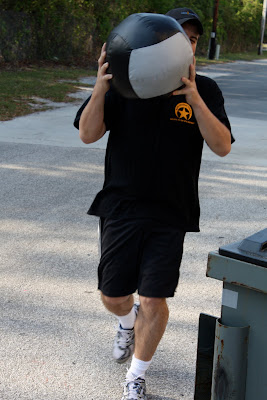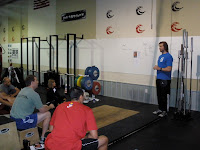
ScienceDaily (July 17, 2005) — BETHESDA, Md Skeletal muscles naturally repair themselves very efficiently after injury. But when they don't, otherwise successful recovery following damage from overuse during exercise, surgery or trauma can be stymied. Furthermore, as we age, muscle repair slows noticeably, and in Duchenne Muscular Dystrophy and other degenerative muscle diseases, normal repair functions can't cope with disease progression.
Researchers from the University of Illinois-Chicago (UIC) and University of Michigan report that while "skeletal muscles possess a remarkable capacity for regeneration" and self-repair, deficiency in the plasminogen activator inhibitor-1 (PAI-1) actually promotes muscle regeneration, making PAI-1 "a therapeutic target for enhancing muscle regeneration."
Moreover, they realized that the plasminogen system interacts with the inflammatory, growth factor and other systems in a complicated manner, indicating that the plasminogen system likely has multiple functions.
For instance, Koh noted that "the inflammatory process can be a double-edged sword for muscle repair. Inflammatory cells can exacerbate an injury, but they also can produce substances that may be required for repair. We would speculate that anti-inflammatory drugs may not be such a good idea if they're inhibiting repair-promoting macrophage functions; they may give some short-term relief following injury, but muscle repair may not be as efficient as it would be without these drugs."






































